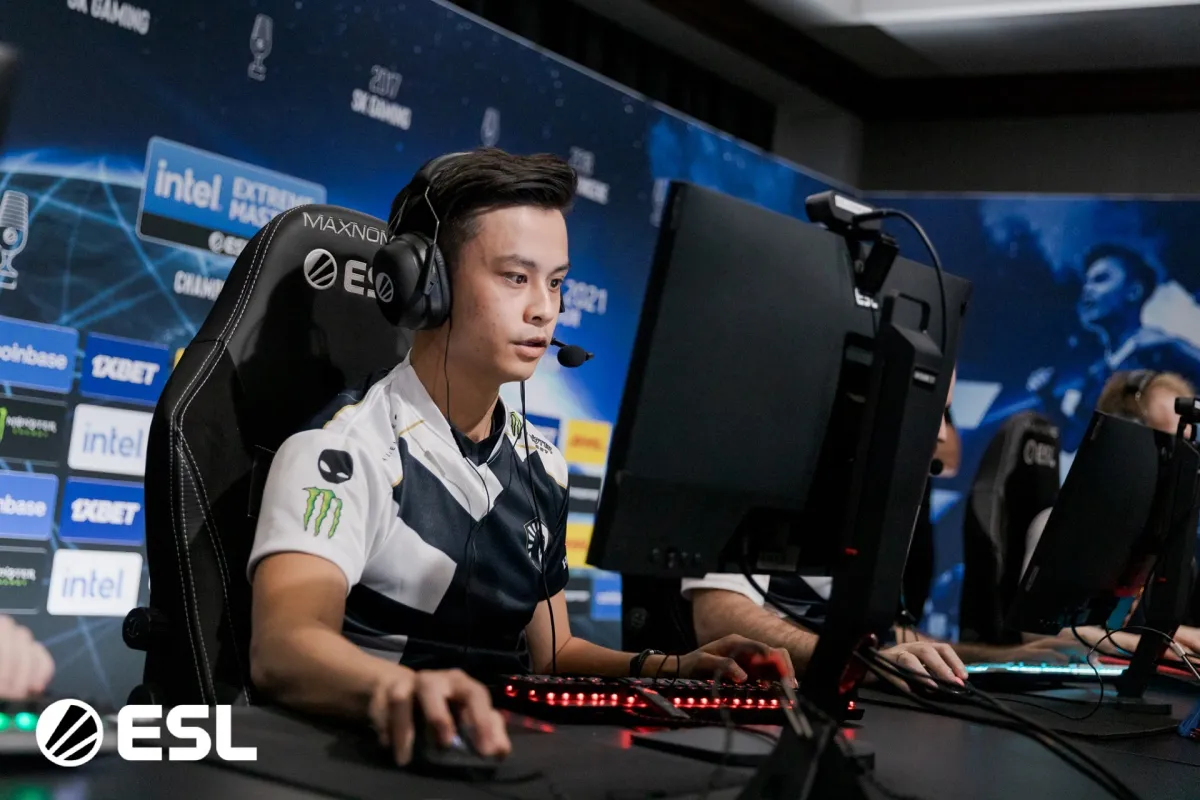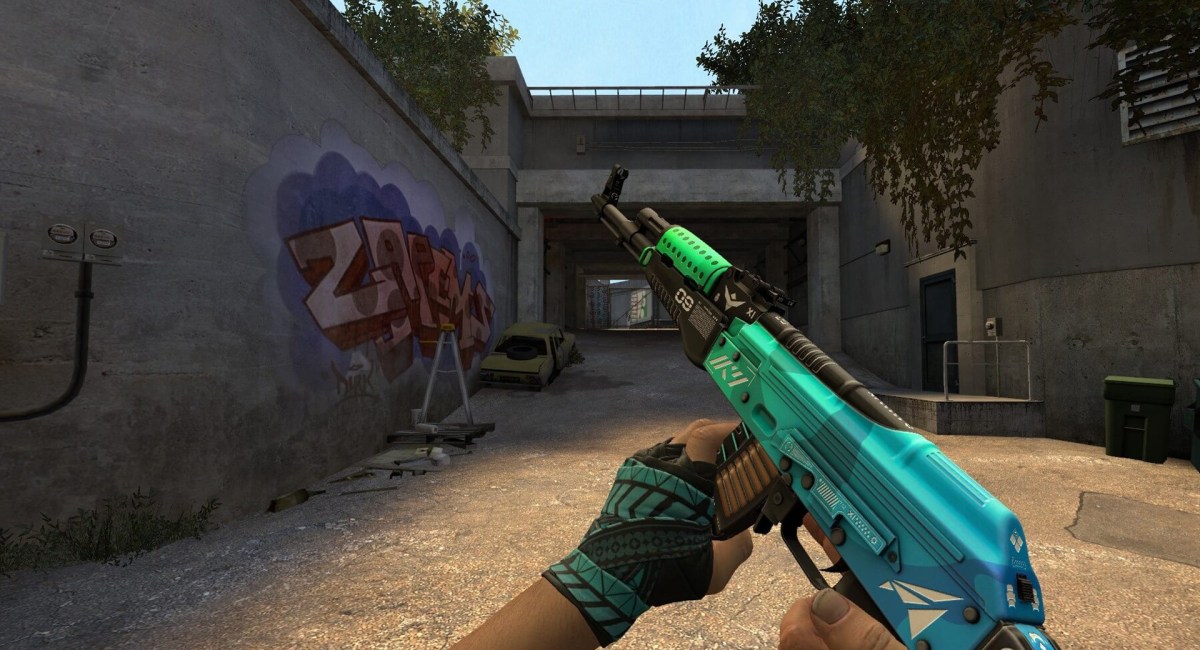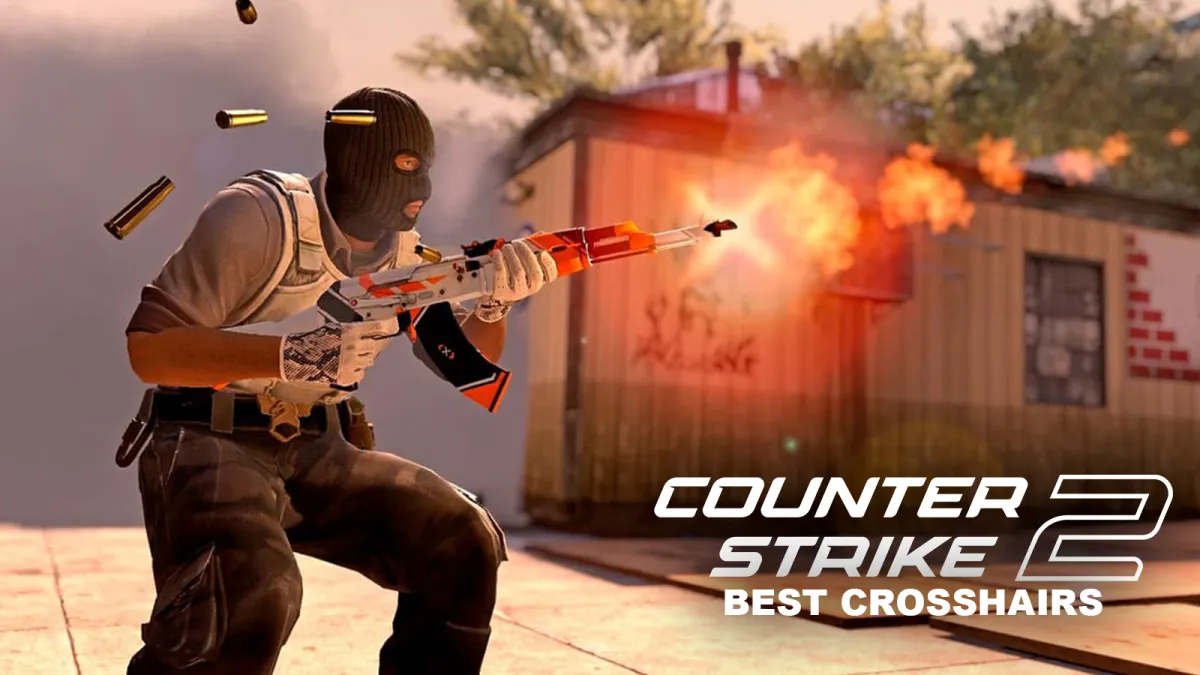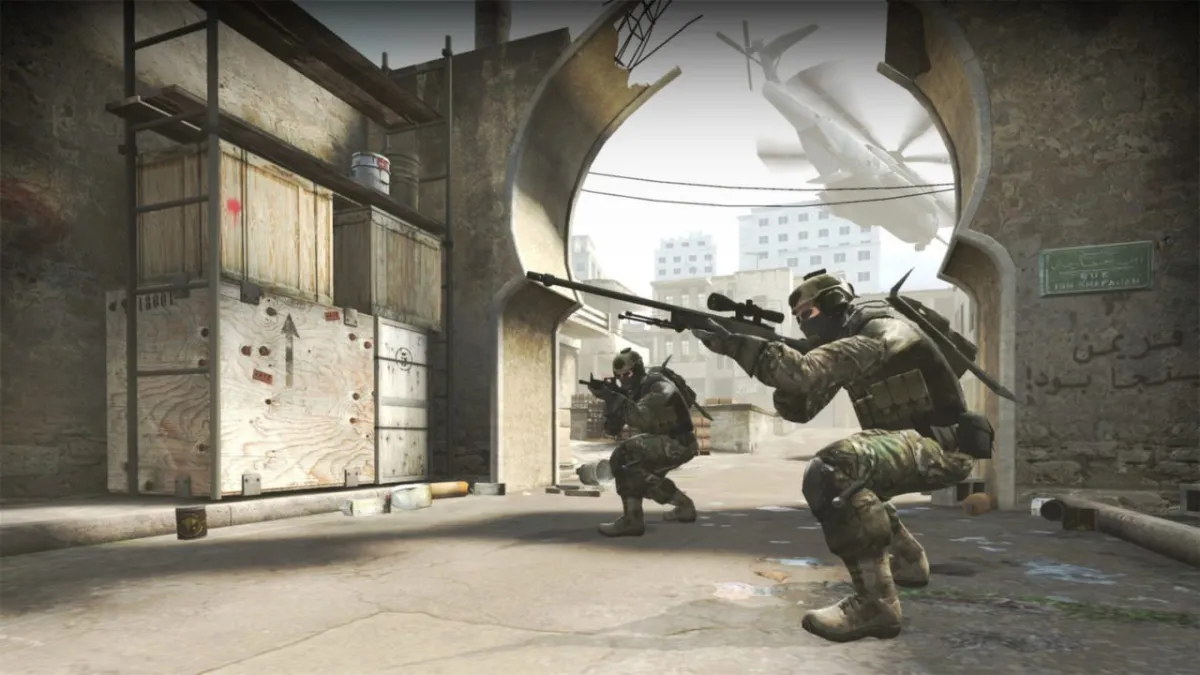Counter-Strike: Global Offensive players are suffering from hearing issues caused by the game’s flashbang grenades. While the offending flashbang sound has been in the game for years, the problem has returned to public attention because of a Twitter thread written by Patrik “Zero” Žúdel, a professional CS:GO player on Team GamerLegion. Users flocked to the thread to share their own hearing-related problems from playing CS:GO, including instances of tinnitus.
As you can see a lot of people have a real problem with this.
With people optimizing for every single footstep with dangerously high volumes they for sure are getting hearing damage. This ofc doesn't solve their mistake but at least helps rather than doing nothing. pic.twitter.com/hpOZUkrtHR— Patrik Žúdel (@PatrikZero) January 26, 2022
Part of this ongoing issue stems from the fact that many players looking to eke out a competitive edge will turn their volume up to help them localize enemy players from the sound of their footsteps.
“Volume and length of exposure is the biggest issue,” Maryam Ghaderi, a Doctor of Audiology and Head Audiologist at House of Hearing in Toronto, Canada, said. “Tinnitus is very commonly associated with overexposure to noise and even though a shift in hearing related to overexposure to sound, can be temporary, tinnitus can be permanent.”
The National Institute on Deafness and Other Communication Disorders describes tinnitus as “a ringing in the ears” or “roaring, clicking, hissing, or buzzing.”
Ghaderi said that continued overexposure to loud noise can lead to permanent hearing loss and persistent tinnitus. She cited the Occupational Exposure Limit in Canada, which is noise at 85dB for a maximum of 8 hours. Most gaming headphones are completely capable of exceeding the 90dB range.
“What is important is that as the volume increases the length of time of exposure significantly decreases, Ghaderi said. “For example, a volume of 88dB (only 3 decibels higher) is only permissible for 4 hours (time halved), and 91dB for only 2 hours.”
Professional CS:GO players like Aurimas “Bymas” Pipiras, Kamen “bubble” Kostadinov, Chris “chrisJ” de Jong and others voiced their support for Zero’s call for change. Many called for changes to the flashbang sound, as well as the headshot “dink” noise, which can be equally loud.
Some tech-savvy players have already floated their own fixes to combat the damaging noises. Windows offers a setting called “Loudness Equalization” that helps to curb some of the audio peaks. It can be enabled here. Although loudness equalization can help remedy the problem, it can occasionally make the location of enemy footsteps harder to distinguish. Reddit user u/hun7z commented that they found using a third-party software to compress the audio to be the more effective solution. Their guide is provided below.
There is no cure for tinnitus, but there are treatments that can help alleviate the discomfort. Noise-induced hearing loss can cause permanent damage, making preventative measures even more important.
Valve has not yet responded for a request to comment on whether this issue will be addressed.











Published: Jan 29, 2022 05:20 pm